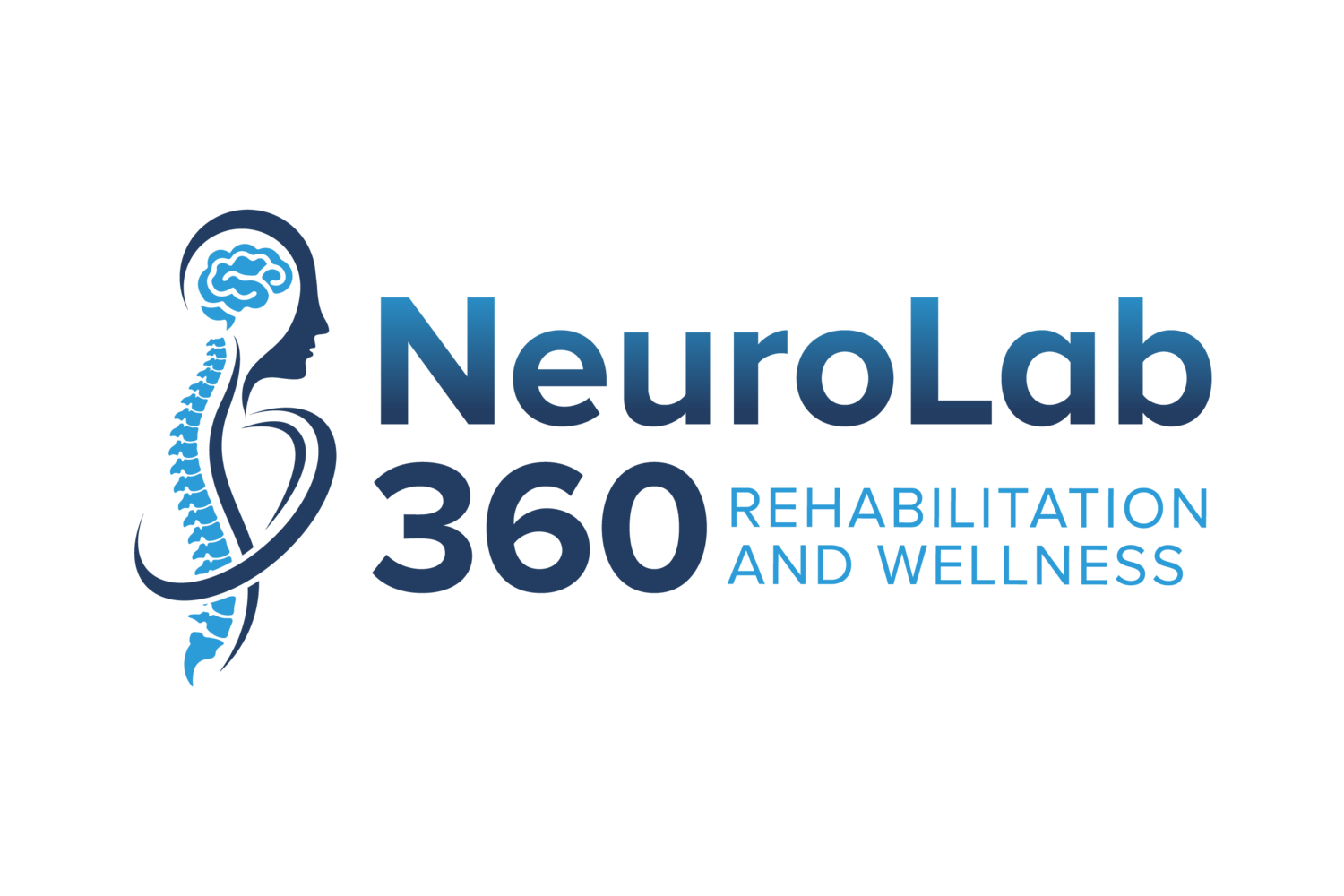Standing Programs for Individuals with Spinal Cord Injury
For individuals with neurologic diagnoses, such as spinal cord injury (SCI), incorporating a standing frame into their daily routine can bring a multitude of physical and psychological benefits. Standing frames provide individuals with the opportunity to assume an upright position and bear weight on their lower extremities. In this blog post, we will explore the importance of standing frames, particularly for individuals with SCI, and the positive impact they can have on overall well-being.
Easy Stand Evolv Standing Frame
Standing frames offer numerous physical health benefits for individuals with neurologic conditions, including SCI. Some of the physical benefits include:
Prevention of Musculoskeletal Complications: Prolonged sitting and lack of weight-bearing can lead to a range of musculoskeletal complications, such as osteoporosis, joint contractures, and muscle atrophy. Using a standing frame helps counteract these issues by applying weight-bearing forces to the bones and joints, maintaining bone density, preserving joint mobility, and preventing muscle deterioration.
Cardiovascular Health: Standing promotes blood circulation and increases heart rate, contributing to better cardiovascular health. By assuming an upright position, individuals can improve circulation, reduce the risk of blood clots, and enhance cardiovascular fitness.
Bowel and Bladder Function: Standing can assist with bowel and bladder management. The gravitational force and the change in position can stimulate peristalsis, bowel movement, and urinary flow. This can lead to improved bowel regularity and bladder emptying, helping to prevent complications such as constipation and urinary tract infections.
Utilizing a standing frame also provides numerous psychological benefits such as:
Improved Mood and Confidence: Being in an upright position can positively impact mood and self-esteem. It offers a change in perspective, promoting a sense of empowerment, independence, and inclusion. Standing eye-to-eye with others can enhance social interactions and boost self-confidence.
Enhanced Body Awareness: Standing allows individuals to regain a sense of body awareness and spatial orientation. It can help improve sensory perception, proprioception (awareness of body position), and balance, contributing to better overall body control.
Psychological Impact: Standing frames offer psychological benefits, such as reducing the risk of depression, anxiety, and social isolation that can arise from prolonged periods of immobility. The ability to engage in daily activities from a standing position, such as reaching higher surfaces or participating in social events at eye level, can positively impact mental well-being.
Incorporating a standing frame into the daily routine of individuals with neurologic diagnoses, particularly those with SCI, offers a wide range of physical, psychological, and functional benefits. From improving bone density and cardiovascular health to enhancing mood, self-esteem, and functional independence, standing frames have a transformative impact on overall well-being. If you or a loved one have a neurologic condition, consult with a healthcare professional, such as a physical therapist, to determine the most suitable standing frame and develop an individualized plan for incorporating standing into your routine. Embrace the opportunity to stand tall, enhance your health, and enrich your life!
For more information on standing frames or to set up an appointment to see if a trial would be appropriate for you, please contact us!

